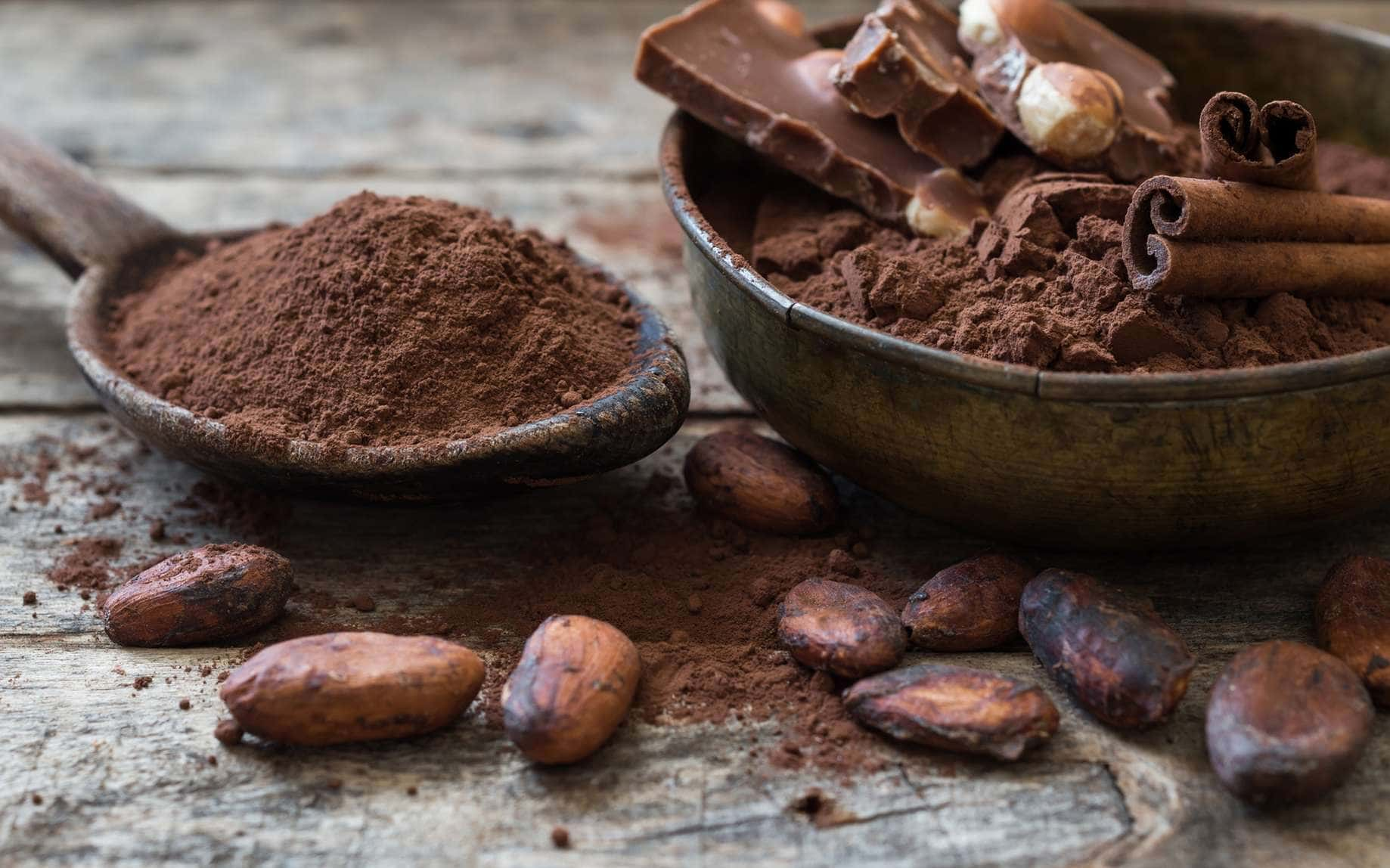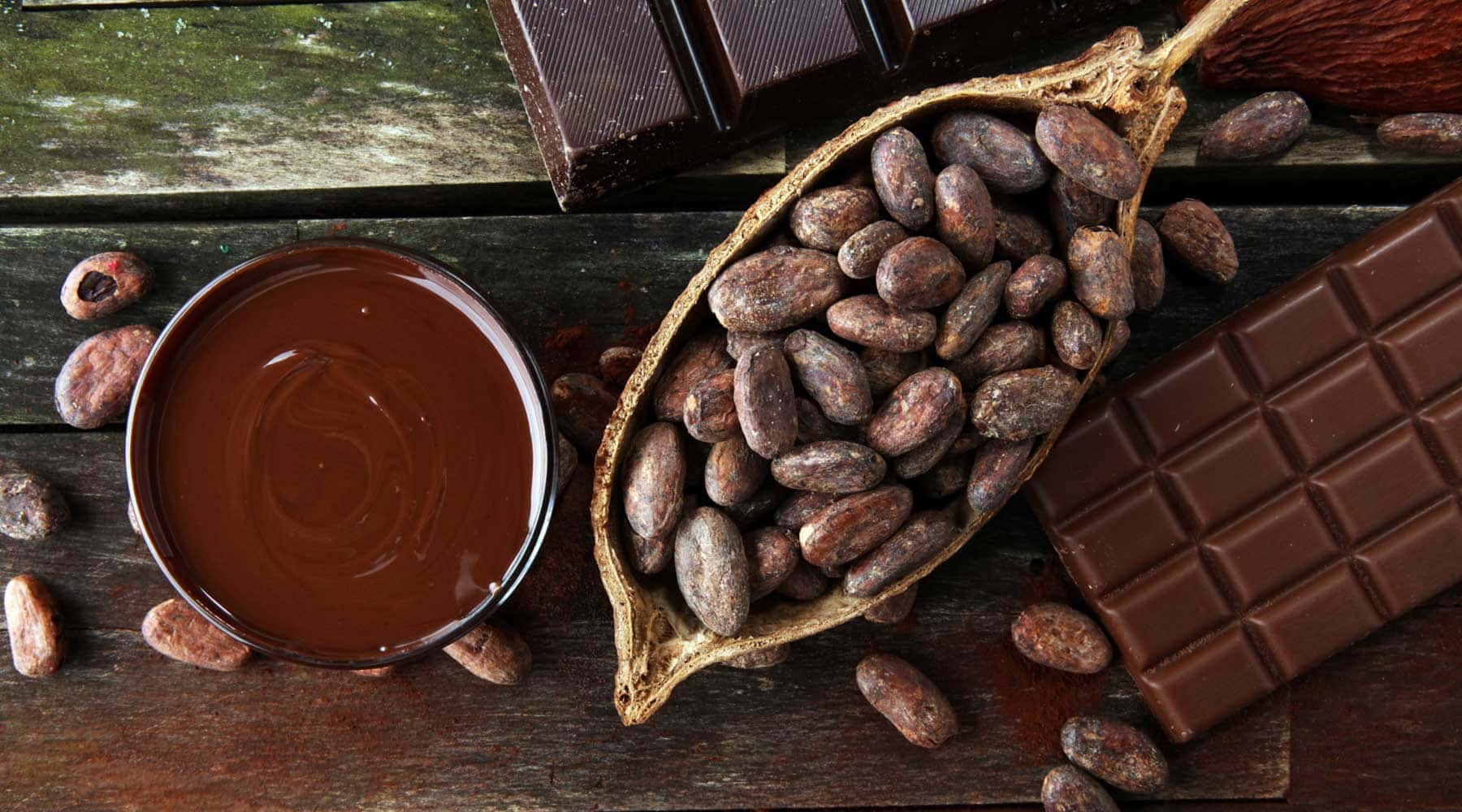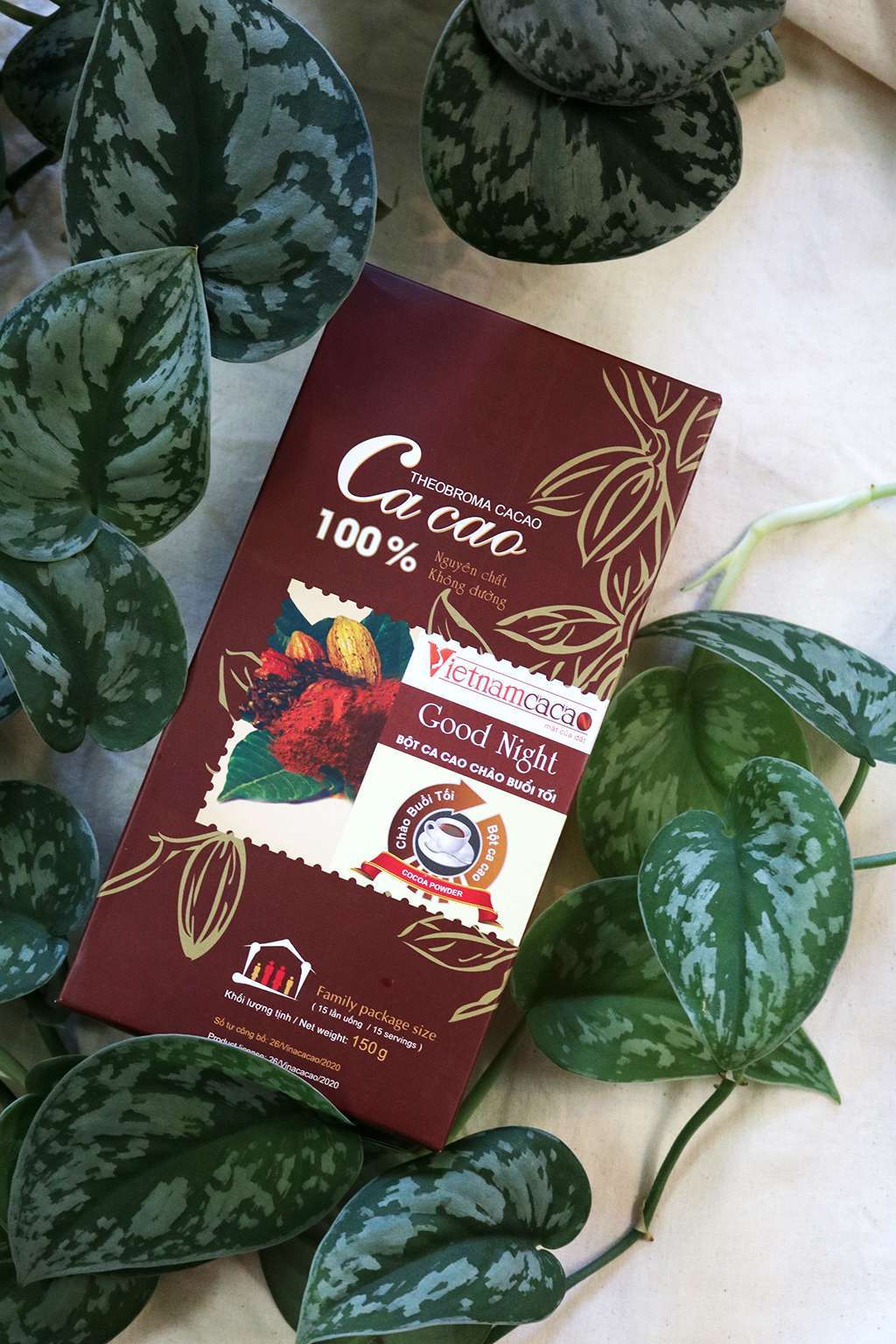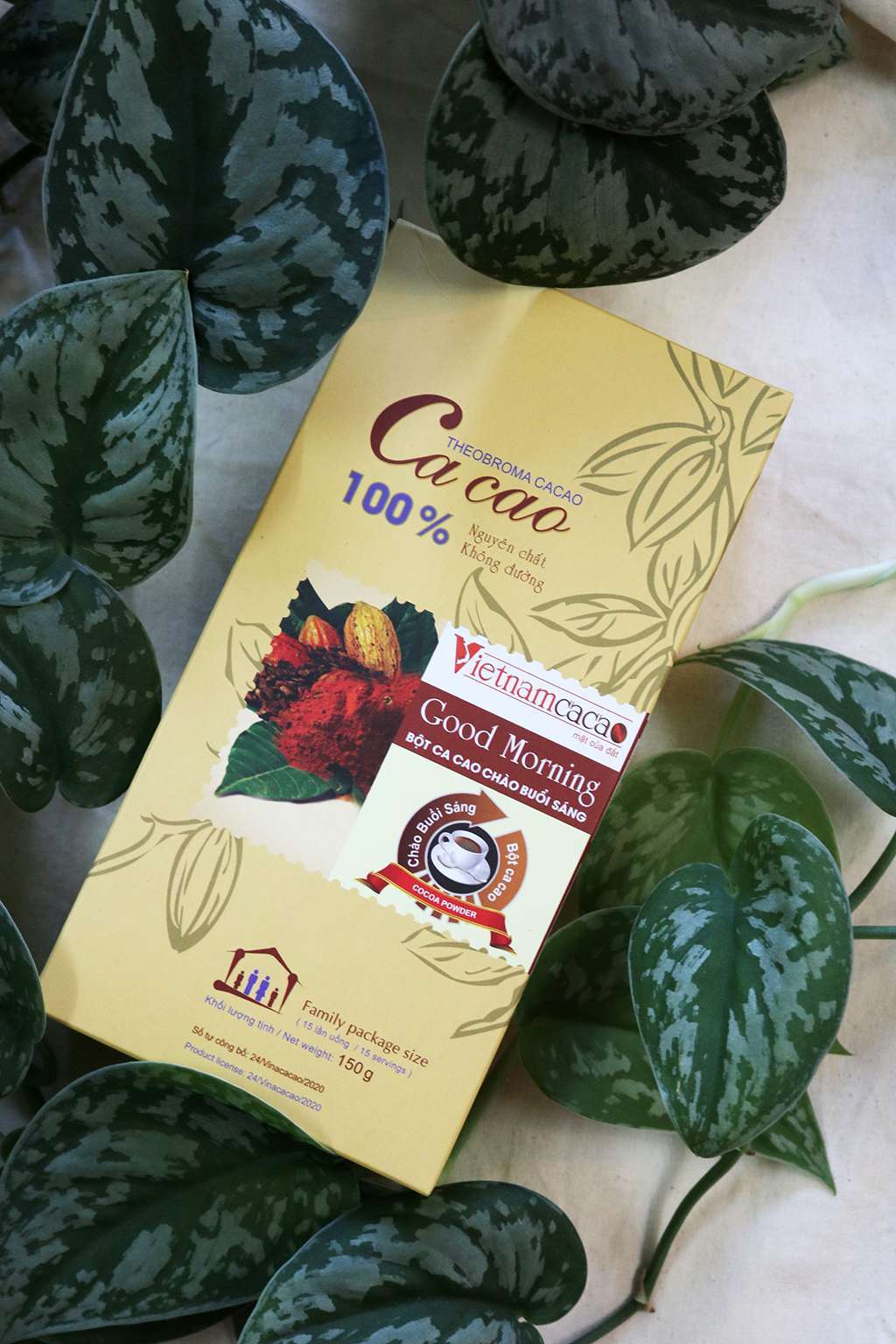Dark chocolate and 7 proven health benefits
Dark chocolate and 7 proven health benefits
Dark chocolate contains many nutrients that positively affect health. It is made from the seeds of the cacao tree, which is one of the best sources of antioxidants you can find. Studies show that dark chocolate can improve your health and reduce your risk of heart disease.
VERY NUTRITIOUS
If you buy quality dark chocolate with a high cocoa content, it is very nutritious. It contains a good amount of soluble fiber and contains many minerals. A 100g bar of Dark Chocolate with 70–85% cocoa contains:
- 11 grams of fiber
- 67% DV for iron
- 58% DV for magnesium
- 89% DV for dong
- 98% DV for manganese
- In addition, it is high in potassium, phosphorus, zinc and selenium.
Of course, 100 grams is a pretty big amount and not something you should consume on a daily basis. These nutrients also come with 600 calories and a moderate amount of sugar. For this reason, it is best to consume dark chocolate in moderation.
The fatty acid composition of cocoa and dark chocolate is also very good. Fats are mainly composed of oleic acid (a heart-healthy fat also found in olive oil), stearic acid, and palmitic acid. Stearic acid has the effect of neutralizing cholesterol in the body. Palmitic acid raises cholesterol levels, but it only accounts for a third of total fat calories.
Dark chocolate also contains stimulants like caffeine and theobromine, but it's unlikely to keep you awake at night, as the amount of caffeine is so small compared to coffee.

POWERFUL SOURCE OF ANTIOXIDANTS
ORAC stands for oxygen radical absorption capacity. This is a measure of a food's antioxidant activity. Basically, the researchers set up a series of (bad) free radicals against a sample of food and saw how well the antioxidants in the food could scavenge free radicals. The problem is related to the biology of the ORAC values, as it is measured in vitro and may not have the same effect on the body. It's worth mentioning here that raw, unprocessed cocoa beans were among the highest scoring foods tested.
Chocolate contains many organic compounds that are biologically active and act as antioxidants. These include polyphenols, flavanols and catechins, among others. One study found that cocoa and chocolate had more antioxidant activity, polyphenols and flavanols than any other fruit tested, including blueberries and acai berries.
DARK CHOCOLATE CAN IMPROVE BLOOD FLOW AND LOWER BLOOD PRESSURE
The flavanols in dark chocolate can stimulate the endothelium, the lining of the arteries, to produce nitric oxide (NO). One of the functions of NO is to send a signal to the arteries to relax, reducing the resistance to blood flow and thus lowering blood pressure.
Many controlled studies show that cocoa and dark chocolate can improve blood flow and lower blood pressure, although the effects are usually mild. However, one study in people with high blood pressure showed no effect. Given the wide variation among studies on this topic, it is clear that more research is needed.

INCREASES HDL AND PROTECTS LDL FROM OXIDATION
Consuming dark chocolate may improve several important risk factors for heart disease. In a controlled study, cocoa powder was found to significantly reduce oxidized LDL (bad) cholesterol in men. It also increases HDL and lowers total LDL in people with high cholesterol.
Oxidized LDL means that the LDL cholesterol has reacted with free radicals. This makes the LDL particles self-reactive and potentially harmful to other tissues, such as the lining of the arteries in your heart, meaning cocoa lowers oxidized LDL. It contains a lot of powerful antioxidants that help get it into the bloodstream and protect lipoproteins against oxidative damage.
The flavanols in dark chocolate may also reduce insulin resistance, which is another common risk factor for diseases like heart disease and diabetes. However, dark chocolate also contains sugar, which can have the opposite effect.
MAY REDUCE THE RISK OF HEART DISEASE
Compounds in dark chocolate appear to be highly protective against LDL oxidation. In the long run, this will cause much less cholesterol to stay in the arteries, leading to a reduced risk of heart disease.
In fact, some long-term observational studies show quite a dramatic improvement. In a study of 470 older men, cocoa was found to reduce the risk of dying from heart disease by 50% over 15 years. Another study found that eating chocolate two or more times per week reduced the risk of calcified plaque in the arteries by 32%. Eating chocolate less often had no effect. Another study showed that eating dark chocolate more than 5 times per week reduced the risk of heart disease by 57%. A 2017 clinical trial found that subjects who consumed almonds with or without dark chocolate showed improved levels of LDL cholesterol.
Of course, these four studies were observational, so it's not clear exactly whether chocolate reduces the risk of the disease. But with known biological processes (reducing blood pressure and oxidized LDL), regularly eating dark chocolate may reduce the risk of heart disease.

CAN PROTECT YOUR SKIN FROM THE SUN
The bioactive compounds in dark chocolate can also be great for your skin. The flavanols may protect against sun damage, improve blood flow to the skin, increase density, and moisturize the skin. Minimum erythema dose (MED) is the minimum amount of UVB rays needed to cause redness on the skin 24 hours after exposure. In a study of 30 people, MED more than doubled after consuming high-flavanol dark chocolate for 12 weeks.
If you're planning a beach vacation, consider enjoying some extra dark chocolate in the weeks and months ahead. But check with your doctor or dermatologist before ditching your usual skin care routine for more dark chocolate.
MAY IMPROVE BRAIN FUNCTION
The good news is not over yet. Dark chocolate can also improve the function of your brain. One study in healthy volunteers found that eating high-flavanol cocoa for 5 days improved blood flow to the brain.
Cocoa can also significantly improve cognitive function in older adults with mild cognitive impairment. It may also improve speech fluency and certain risk factors for disease.
In addition, cocoa contains stimulants like caffeine and theobromine, which may be the main reason why it can improve brain function in the short term.
Compiled and penned by Crocus Media
Products

Good night Cocoa powder
Good Evening Cocoa Powder is a product with no added sugar, high alkaline, rich taste and aroma. The product is suitable for use at night.

